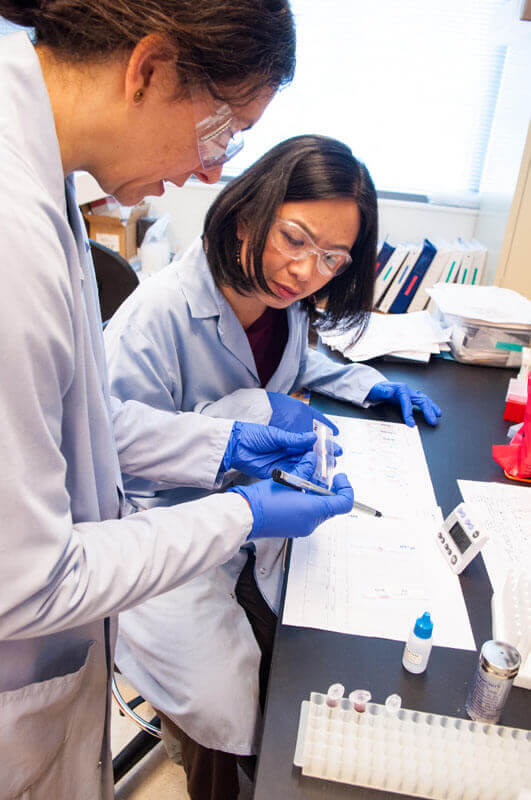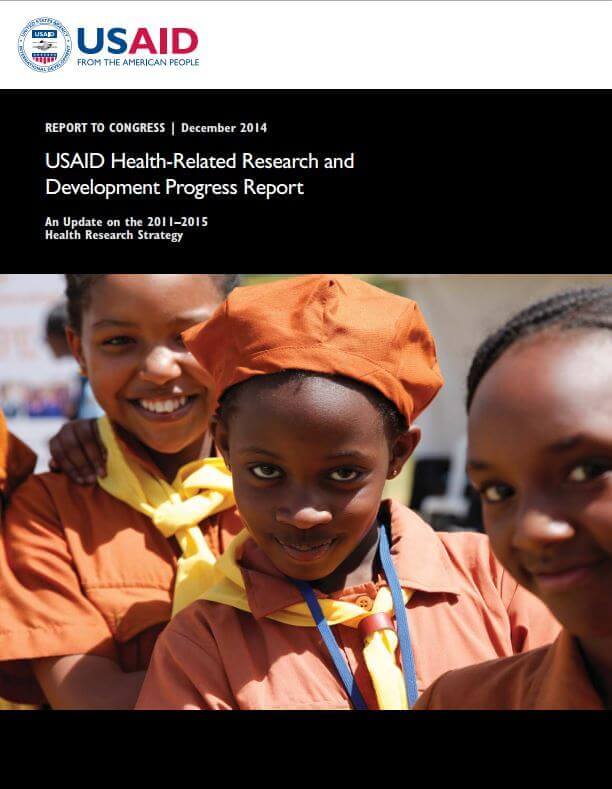Courtney CarsonGHTC
Courtney Carson is a policy and advocacy officer at GHTC, who leads GHTC's US advocacy portfolio.
 Photo: PATH/Patrick McKernUpdate: The Global Health Technologies Coalition is excited to announce that the Global Health Innovation Act (H.R. 2241) passed the House of Representatives on December 18.
Photo: PATH/Patrick McKernUpdate: The Global Health Technologies Coalition is excited to announce that the Global Health Innovation Act (H.R. 2241) passed the House of Representatives on December 18.
Last month, Representatives Albio Sires (D-NJ) and Mario Diaz-Balart (R-FL) introduced a new piece of legislation—the Global Health Innovation Act (H.R. 2241)—that would strengthen global health research and development (R&D) programming at the US Agency for International Development (USAID).
USAID plays an important role in advancing global health in low and middle-income countries and this legislation would ensure that the agency is taking appropriate steps to incorporate innovation for new global health technologies across its programming by requiring that the agency submit an annual report to Congress on the development and use of global health innovations in the agency’s programs, projects, and activities.
The Global Health Innovation Act marks a key opportunity in advocacy for the need for innovation in global health. The GHTC dissects the bill below and highlights the key provisions.
If passed, H.R. 2241 would:
 The legislation would make permanent and improve USAID annual report to Congress on its R&D activities. Credit: USAID
The legislation would make permanent and improve USAID annual report to Congress on its R&D activities. Credit: USAID
The Global Health Innovation Act would not only ensure important information about USAID’s activities is made available to global health nongovernmental organizations, advocates, and policymakers in Congress, but it would also be an asset for USAID. In codifying the report on global health innovations, the bill will ensure that the agency continues to coordinate, streamline, and organize its use and development of global health technologies—a practice area that spans many departments and bureaus. It will also help the agency gauge performance, share best practices, and understand gaps in service to more efficiently and effectively serve its mission.
The legislation draws upon the 21st Century Global Health Technology Act, legislation introduced in the 113th Congress, which sought to strengthen global health R&D programming at USAID by codifying programs supporting product development partnerships. The new legislation takes a more holistic approach, and directs USAID to analyze how it is using innovation to address global health challenges and the ways in which the agency can further accelerate the development and use of health technologies. It shifts away from endorsing specific programs and instead underscores the importance of USAID’s strong partnerships that leverage investments in R&D and advance global health innovation.
Passing the Global Health Innovation Act will drive home the fact that health innovations are a critical piece of the global health agenda. GHTC and our members look forward to working with Congress to champion this important legislation.
To read the full text of the Global Health Innovation Act, click here.